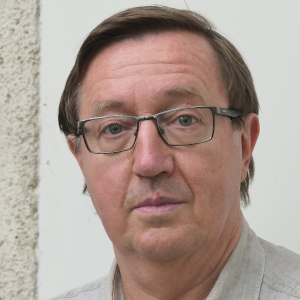Neuromodulators are hormones that have a crucial influence on brain function. The most important are the four happy chemicals: dopamine which regulates motivation, serotonin responsible for satisfaction, endogenous opiates that control pain relief, and oxytocin, which creates loving connection. Most of the psychoactive substances are mind-altering agents that affect the function of neuromodulators, while some of them also have sedative effects. Their ritual use in the form of entheogens appeared in tribal cultures (W2) thousands of years ago. When consumed under appropriate conditions, they can induce altered states of consciousness. In modern times (W5-6), their consumption has become an epidemic, and they pose a danger of addiction due to excessive use. Alternative methods to increase the levels of neuromodulators and achieve higher-level states of consciousness are recommended.


